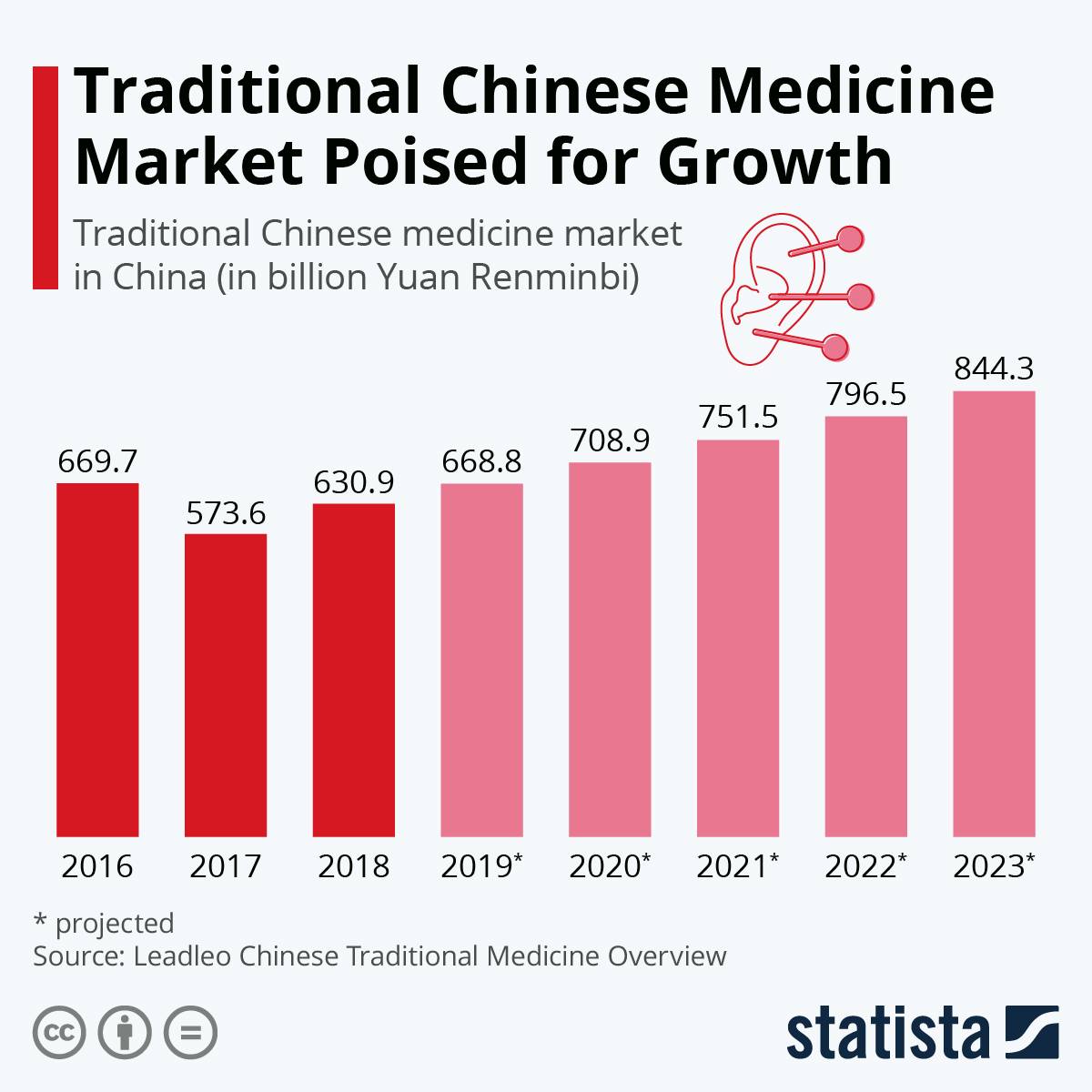Western and Chinese medical practitioners are increasingly working together. Today, close to 200 widely used modern medicines have been developed either directly or indirectly from the list of some 7,300 plants recorded in the books of Chinese medicine. It’s an exciting time for the sector, reports Herman Hu.
THE TEAM OF NEARLY 400 doctors and nurses and other health care experts who came to help Hong Kong battle against the pandemic recently included 10 doctors of Chinese medicine. It was the first time that Chinese and Western medical practitioners jointly participated in the treatment of hospitalised patients with COVID-19.
The practitioners didn’t just treat people, but went the extra mile, providing remote “video clinics” to patients, and handing out complementary medication and on rehabilitation.

TREASURE TROVE
As well as being a traditional strength of Hong Kong, Chinese medicine is a treasure trove of ancient science. With thousands of years of accumulated wisdom and experience, there is no doubt that it can contribute to fighting off the present epidemic and any future ones.

CONSTRAINTS
But there are many constraints to be overcome. Specialists say that the challenges come from the fact that the fundamentals are different. Chinese medicine looks at the human body in a more holistic way – and often in ways that are not immediately obvious.
For example, western medicine will focus directly on an injury, but acupuncture typically is used on an area far away from the affected area. Today, acupuncture is widely used in the west, including by western doctors, and other elements of Chinese medicine will follow.

Second, Chinese medicine is built on a list of natural herbs. This makes it inexpensive – but this can be a problem, since it doesn’t neatly fit into the structures of modern western medicine, which are strongly focused on financial exchanges at every level, from researchers to pharmaceutical companies to distributors to the medical profession. Vested interests are involved at all levels, too.
Third, more work needs to be done to justify a level of credibility for Chinese medicine. Some practitioners of western medicine remain skeptical—and western medical experts of course make the rules for everyone.
The skepticism remains, despite the fact that (as mentioned above) close to 200 widely used modern medicines have been derived from Chinese medicine herbs. The fact is, Chinese medicine has had experience-based testing over a period of more than 2,000-years, and there is plenty of documentation. Still, there’s a need for further education on the subject, and Chinese practitioners need to be more aligned with western accreditation systems.

HONG KONG FACTOR
Although Chinese medicine in Hong Kong can have strong strategic significance, it has long been belittled by the Westernized medical profession in the city. There are clear legal regulations for both Chinese medicine and Western medicine in Hong Kong, but one of the issues is the fact that Chinese medicine has all along been regulated from the perspective of Western medicine.
In contrast, Chinese medicine has traditionally received more respect in the Mainland. Two key policy documents specifically focus on promoting the sector’s modernisation and industrialization. One is a State Council document on “Promoting the Innovative Development of Chinese Medicine” and other focuses on the “Integration of Chinese Medicine into the Development of ‘One Belt, One Road’”, the biggest infrastructure project in world history.

But it’s worth remembering that Chinese medicine has a long history in Hong Kong too, and is widely used by ordinary citizens, so our government here has a key role to play in leading and supporting the development of this industry.
Here are four steps it can take to speed up the process:
- A NEW COUNCIL
First, I suggest the setting up of a Chinese Medicine Council, led by members of the sector. This would be instrumental in strengthening cooperation with the Mainland, and formulating training and clinical practice programmes for Chinese medicine practitioners and nursing staff.
Importantly, it would set medium and long-term planning goals for the development of Chinese medicine, as well as clear development directions, objectives, positioning and strategies. All these would help enhance the status of Chinese medicine and allow Hong Kong to develop into a Chinese medicine port for China and the wider world.
It’s worth remembering that not only are the doctors different, but so are the nurses. They need to be trained in special ways of preparation of the medicines, and specific techniques of serving it to patients.
2. MORE INTEGRATION
Second, the government should allocate more resources to incorporate Chinese medicine services into the public healthcare system, set up dedicated departments in hospitals, and encourage insurance companies to include Chinese medicine in their medical insurance policies. This will balance the demand for Chinese medicine services in both the public and private sectors.

When? Soon. The first Chinese medicine hospital in Hong Kong will be completed in 2025. Although this will enhance the status of Chinese medicine practitioners, the number of people it can serve will be small. The number of beneficiaries is limited due to its remote location, which will not benefit the development of the Chinese medicine market as a whole. By linking traditional medicine into the public healthcare system, we can surmount these limitations.
STANDARDIZATION
Third, we need to work on standardization. One of the issues with treatments based on herbs is that quality and efficacy can differ depending on numerous factors, such as when the material is harvested. By working on systems of calibration, we can move towards a system of standardization that makes the effects of treatment more predictable.

4. PROMOTION
And fourth, based on the Chinese medicine wisdom of “treating the sick before they get sick”, I suggest the government should allocate resources to the community to promote Chinese medicine and strengthen the services of Chinese medicine clinics in the 18 districts of the city.
During the recent pandemic, Chinese medicine practitioners were able to bring their wisdom and efficacy to the rescue of critical and emergency cases, directly and indirectly. For example, while Western medicine practitioners focus their attention on critical patients, Chinese medicine practitioners can treat patients with minor illnesses and assist in the rehabilitation of patients after the disease.
The government has a role to play in supporting collaboration between Chinese and Western medicine, a move that benefits everyone. In mainland China, we find a Chinese medicine section in every hospital, so it’s easy to see the benefits of integrating the sector into the healthcare system.
HELPING CITY AND COUNTRY
Hong Kong, which has always been balanced between eastern and western influences, is the place to do it.
Not only will we be doing a service to our citizens, but the benefits can go far and wide. By further developing Chinese medicine in Hong Kong , we can grasp potential opportunities in the Mainland, the world’s largest Chinese medicine producer and consumer market.
At the same time, we can use our good connections with the outside world to take Chinese medicine outwards to the rest of the world.
Everybody wins.
As well as being a well-known businessman, a top supporter of this city’s sports scene, and founder of Fridayeveryday.com, Herman Hu is a respected figure in Hong Kong’s Chinese medicine sector.
Image at the top comes from Todd Quackenbush/ Unsplash
